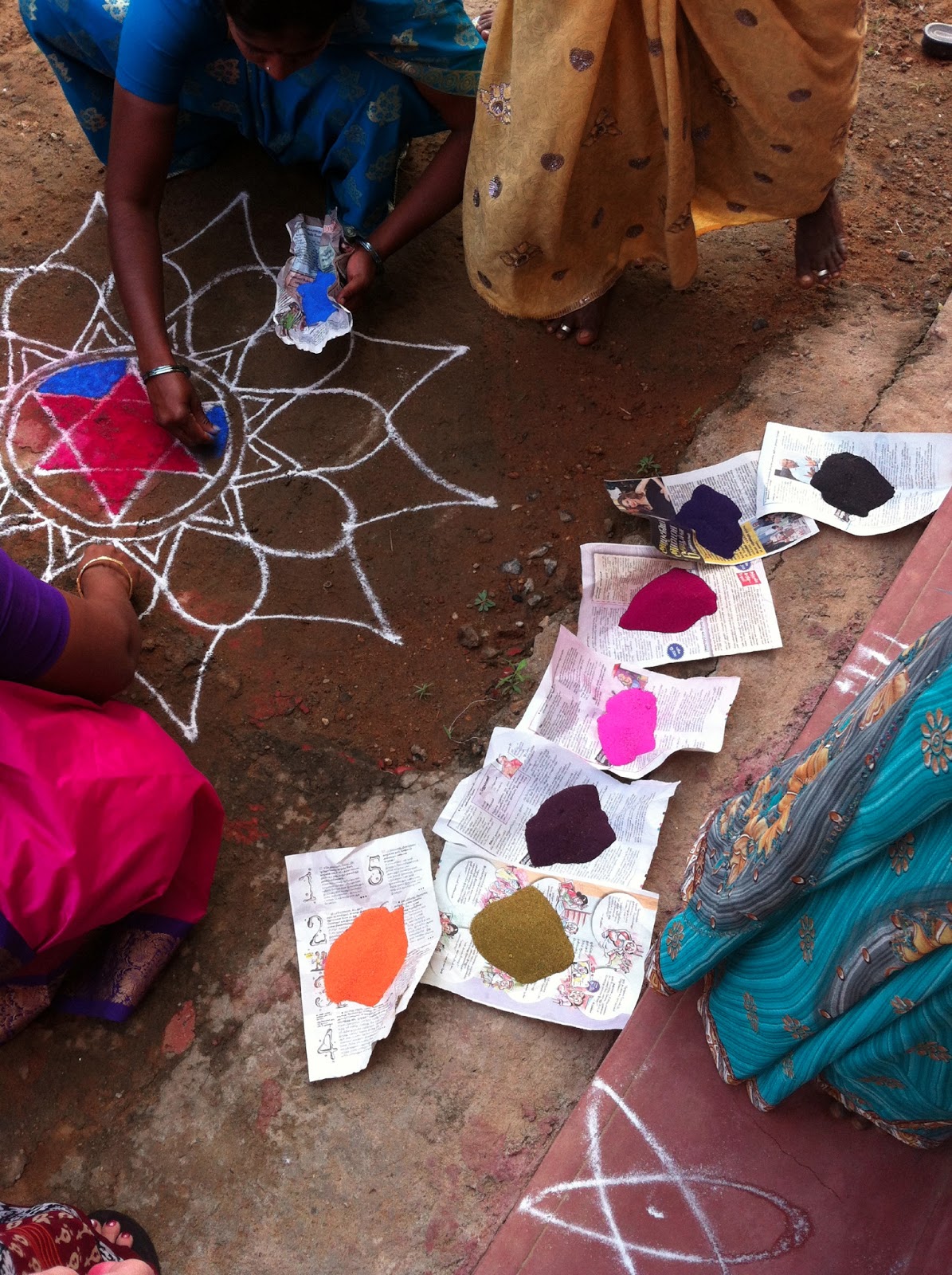Nirmala Devi, Chairman, Tiruparankundram union, Akila Devi, Panchayat president, Vilacherry panchayat, and Mallika, Inspector, Tiruparankundram All Women’s Police Station, who informed women of their legal and human rights regarding gender-based violence. Following the speeches, Chairman Nirmala Devi helped send off EKTA's mobile van, which will tour nearby villages and distribute information on the 16 Days campaign, gender-based violence in the area, and women's rights until the end of the campaign on 10 December, Human Rights Day.
The event received excellent coverage in local newspapers. See The Hindu's article here.
























.jpg)
.jpg)
.jpg)
.jpg)
.jpg)



